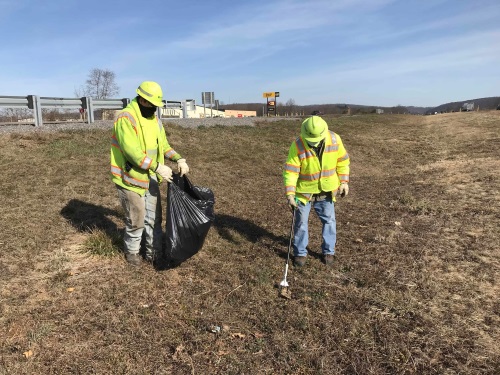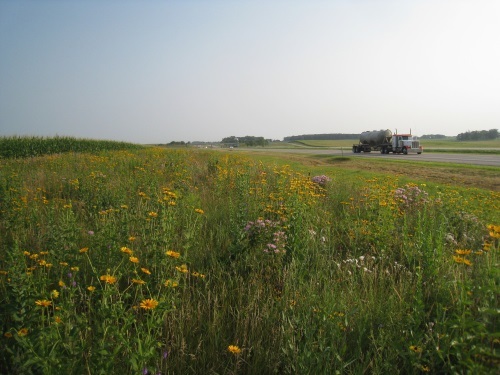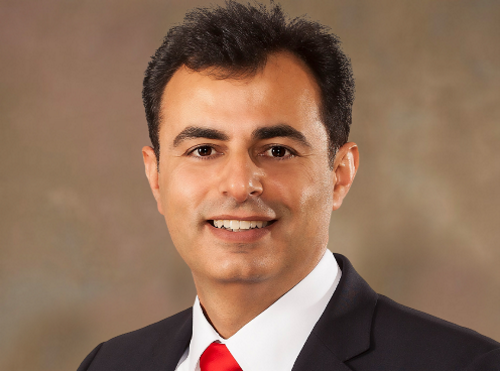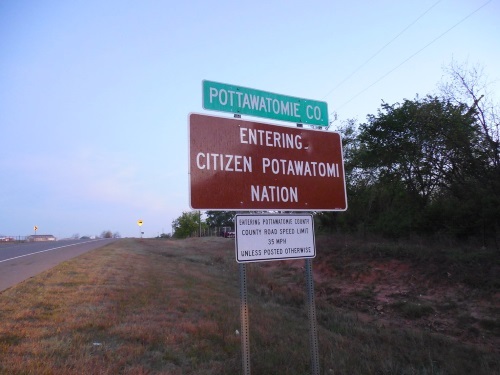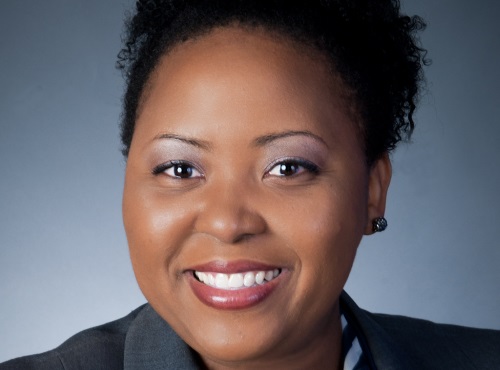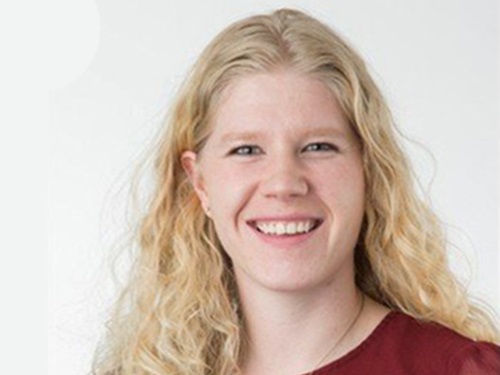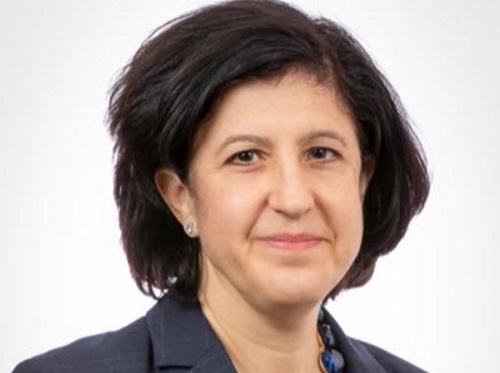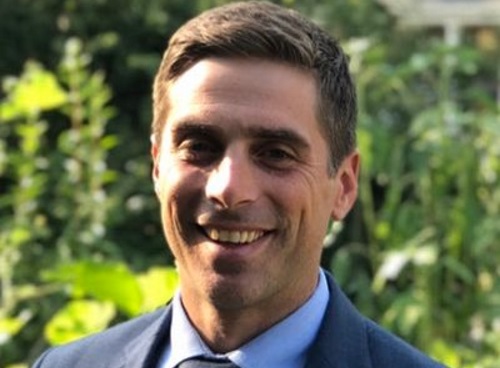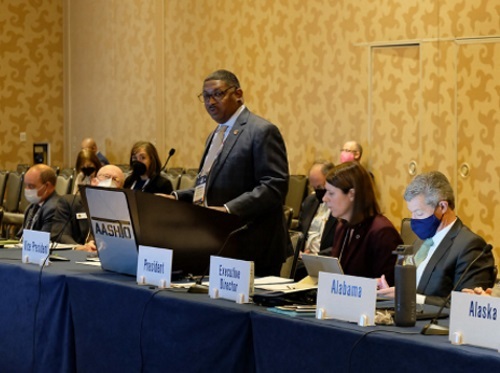This episode of the Environmental Technical Assistance Program or ETAP Podcast interviews Yassmin Gramian and Natasha Fackler, secretary and infrastructure implementation coordinator for the Pennsylvania Department of Transportation, respectively, about the state’s new anti-littering program.
[Above photo by PennDOT]
PennDOT helped launch the new program – formally entitled “PA Fights Dirty: Every Litter Bit Matters” – in August along with several other state agencies.
The creation of this campaign is one of the many recommendations made by Pennsylvania’s first-ever Litter Action Plan, released in December 2021. That plan also won a Pennsylvania Governor’s Awards for Excellence in May.
“Every Litter Bit Matters” seeks to get state residents to ensure that every piece of their trash, regardless of size, is disposed of properly as research shows only 3 percent of Pennsylvanians approve of littering, yet 40 to 50 percent of them admit to littering roadways and other public areas.
“Every Litter Bit Matters” also seeks to educate state residents about “situational littering,” such as leaving trash on the ground next to a full can or in a stadium, as well as reminding them that litter of all sizes stacks up and creates problems, Gramian and Fackler explained.
PennDOT noted that a 2019 Litter Research Study found that Pennsylvania has more than 500 million pieces of litter on its roadways, with more than 85 percent of those pieces measuring less than four inches in size. That study also found that litter-related cleanup costs currently total around $350 million each year.
To listen to the full podcast, click here.

